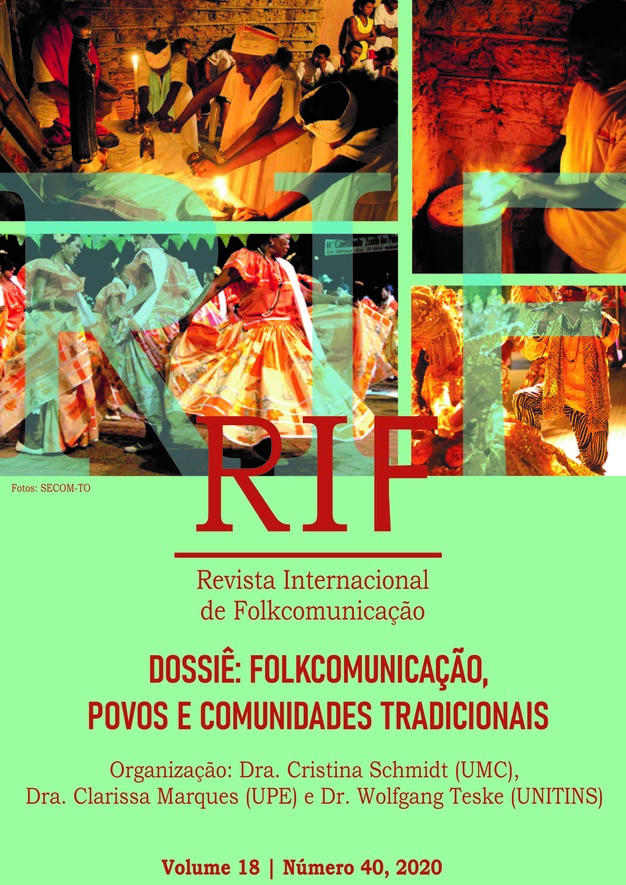From the house of pau a pique and the setting of the clay: the experience of the "Rights in Motion" university extension project in the quilombola Mundo Novo community - Buíque/PE
DOI:
https://doi.org/10.5212/RIF.v.18.i40.0002Abstract
This article aims at illustrating the importance of the links between research and extension projects from the experience developed in the Mundo Novo community, located in the district of Buíque, state of Pernambuco, Brazil, which was a starting point for the "Rights in Motion" project. Its general objective is to observe how studies about Mundo Novo have collaborated towards actions that have gone beyond university walls and promoted a significant transformation in the community. Specific goals aim at showcasing the importance of regulating the remaining quilombo communities, as well as introducing the collaboration of the "Rights in Motion" extension project in the Mundo Novo community. The hypothetico-deductive method was used for this purpose. The project has obtained results, as it was possible to follow and develop actions to strengthen the quilombola identity during the twelve months. Rights in motion; Mundo Novo Community; Quilombo; Culture.
Downloads
Downloads
Published
How to Cite
Issue
Section
License

Este obra está licenciado com uma Licença Creative Commons Atribuição 4.0 Internacional.
Os autores são responsáveis, em qualquer que seja o formato do texto, pelas opiniões expressas ou indiretas presentes em seus respectivos trabalhos, não endossáveis pelo Conselho Editorial e pelos editores da Revista, bem como pela autenticidade do trabalho. Ao publicar trabalhos na Revista Internacional de Folkcomunicação, os autores cedem automaticamente os direitos autorais à publicação para veiculação das produções acadêmicas, sem ônus para a Revista. Os autores detêm os direitos autorais do texto para o caso de publicações posteriores e concedem à Revista Internacional de Folkcomunicação o direito de primeira publicação, com o trabalho simultaneamente licenciado sob a Creative Commons Attribution License, que permite o compartilhamento do trabalho com reconhecimento da autoria e publicação inicial nesta Revista. Por serem publicados em revista de acesso livre, os artigos são de uso gratuito, com atribuições próprias, em atividades educacionais e não-comerciais, sendo permitida a publicação simultânea em repositórios institucionais.































